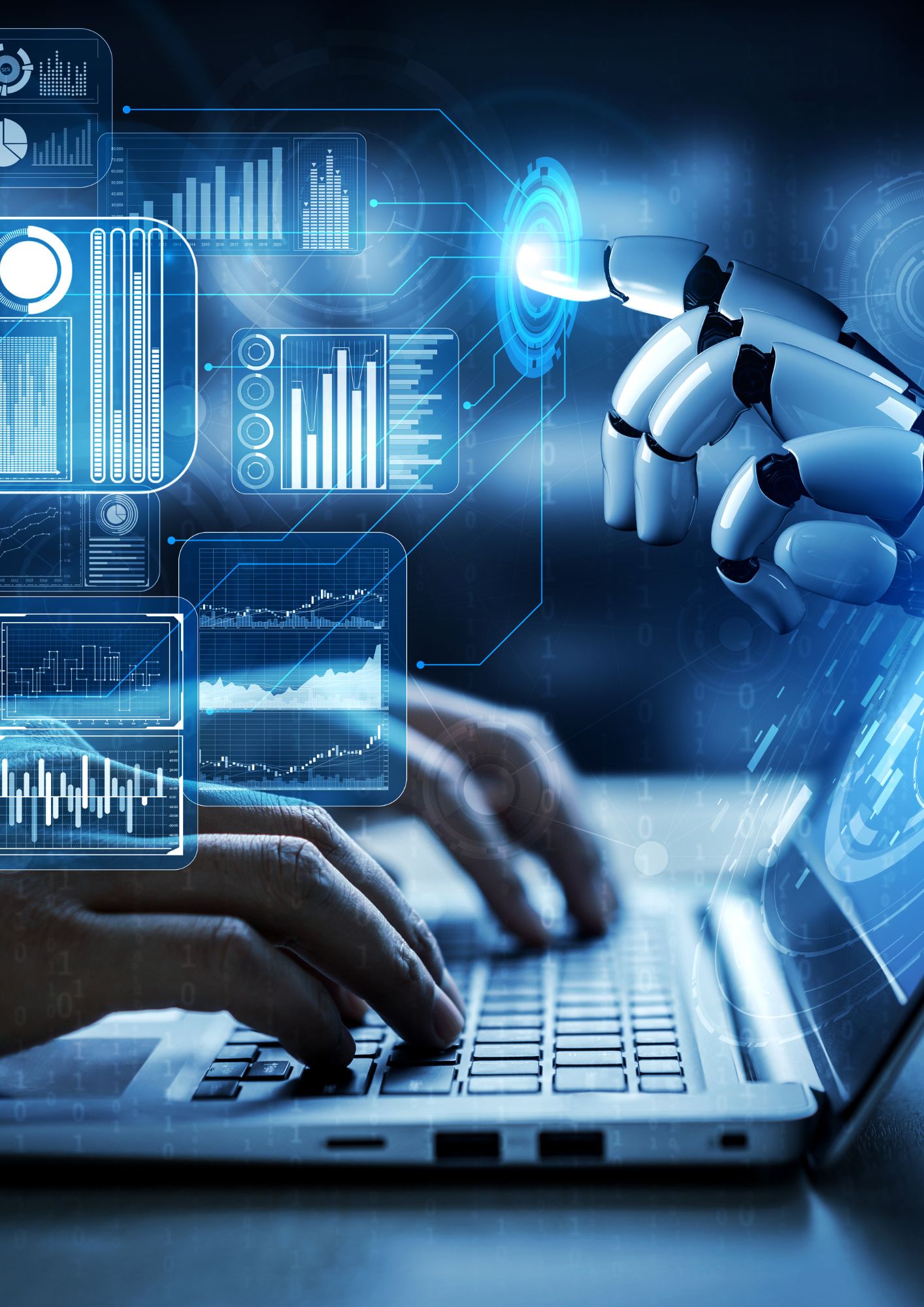Hong Kong aims at refreshing the outdated Copyright Law
The rapid increase of Artificial Intelligence (AI) has been attempting current global legislation dealing with Intellectual Property and Copyright. Across the East Countries, Hong Kong is going to review its Copyright legislation in order to keep track of the latest developments in the field of Artificial Intelligence (AI).
The rapid increase of Artificial Intelligence (AI) has been attempting current global legislation dealing with Intellectual Property and Copyright.

Thus, several States have been dedicating a specific legislation on AI, especially to regulate Generative AI.
In the last years, the legislatory wave has been increasing dramatically in the West Countries.
In this regard:
- European Union has been just completing the legislation process, to approve a Regulation towards AI (the so called “AI Act”), which will be binding for all European Member States;
- In the US, several laws have been passing in the last semester. Recently, on May 13, Colorado passed the Senate Bill SB205, entitled “Consumer Protections for Artificial Intelligence”, as a new AI-specific law aimed at preventing biased and discriminatory decision-making in critical areas (such as employment, education, finance, government services, healthcare, housing, insurance, and legal services).
- Moreover, Brazil had introduced in the Congress almost three different AI laws, between 2019 and 2021.
Across the East Countries, Hong Kong is going to review its Copyright legislation, which came into force in 1997.
Pursuant to the Hong Kong Government, the amendments of the Copyright Ordinance aim to keep the line with the latest developments in artificial intelligence (AI), as well as to ensure that Hong Kong’s copyright regime remains robust and competitive.
Pursuant to the current version of the Cap. 528 Copyright Ordinance, 9 categories of copyrighted works can be protected as follows:
- literary works
- dramatic works
- musical works
- artistic works
- sound recordings
- films
- broadcasts
- cable programmes
- typographical arrangement of published editions
Furthermore, the Ordinance considers the author (作者), in relation to a work, as the person who creates it.
In this regard, experts in the field have claimed changes to legislation, in order to protect creators who use Generative AI.
The Director of the Government’s Intellectual Property Department, David Wong Fuk-loi, mapped out a consultation plan with online service providers.
Topics involve broader issues dealing with the interplay between AI and Copyright which are not covered by existing laws, such as:
- Copyright of AI-generated content;
- Machine-learning answers and models;
- The protection of AI content creators.
The legislative refreshing can be set out in the field of public policies on smart cities and digital government.
Actually, Government has been actively applying artificial intelligence (AI) technology to promote the development of smart city and digital government.
Therefore, the Office of the Government Chief Information Officer (OGCIO) formulated the Ethical AI Framework, as a Guideline for government bureaux and departments (B/Ds) on implementing projects that involve the use of AI technology.
Di Alessia Palladino
Assegnista di ricerca e Cultore della Materia in «Informatica giuridica» e «Computer Law» presso l’Università degli Studi di Cagliari.